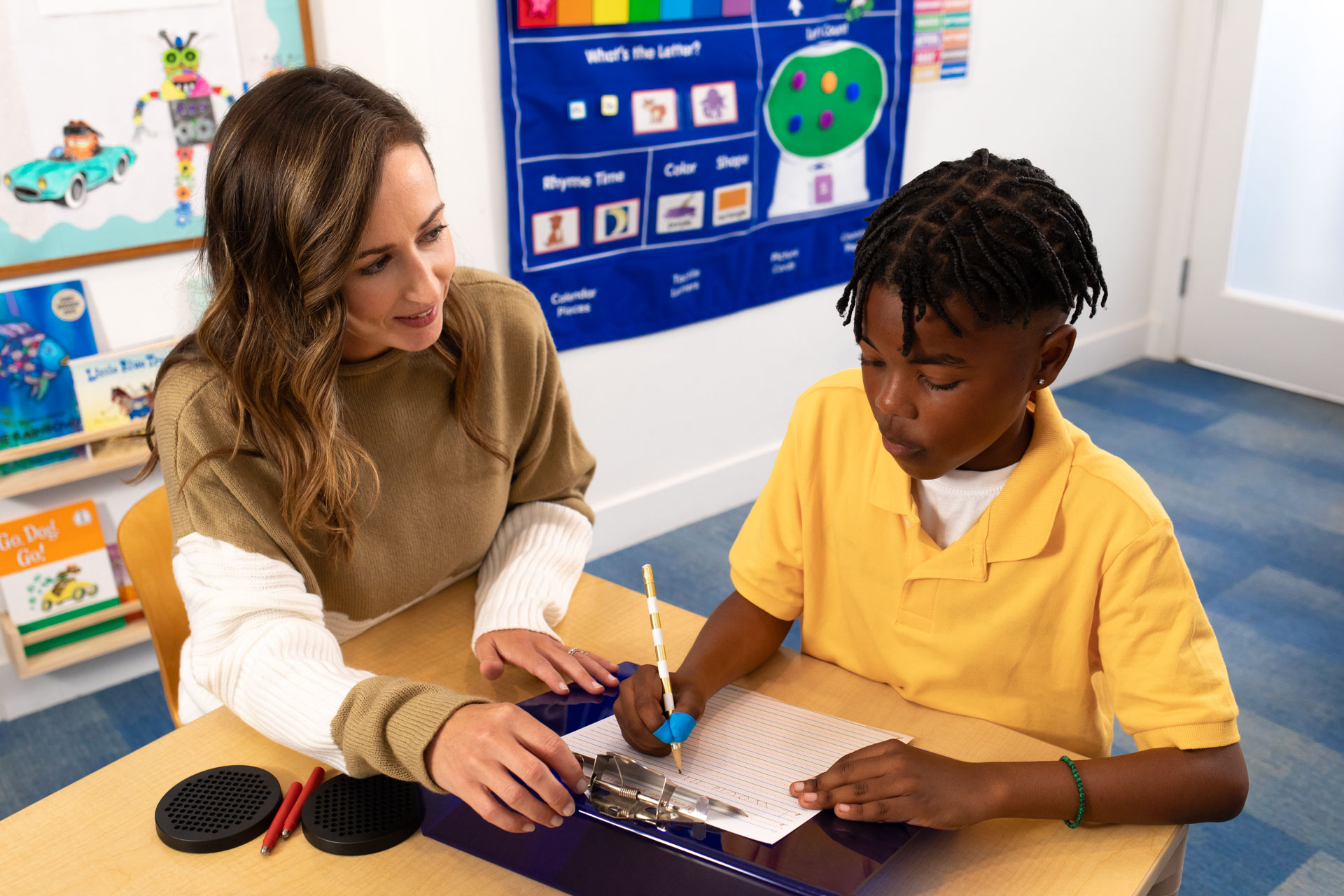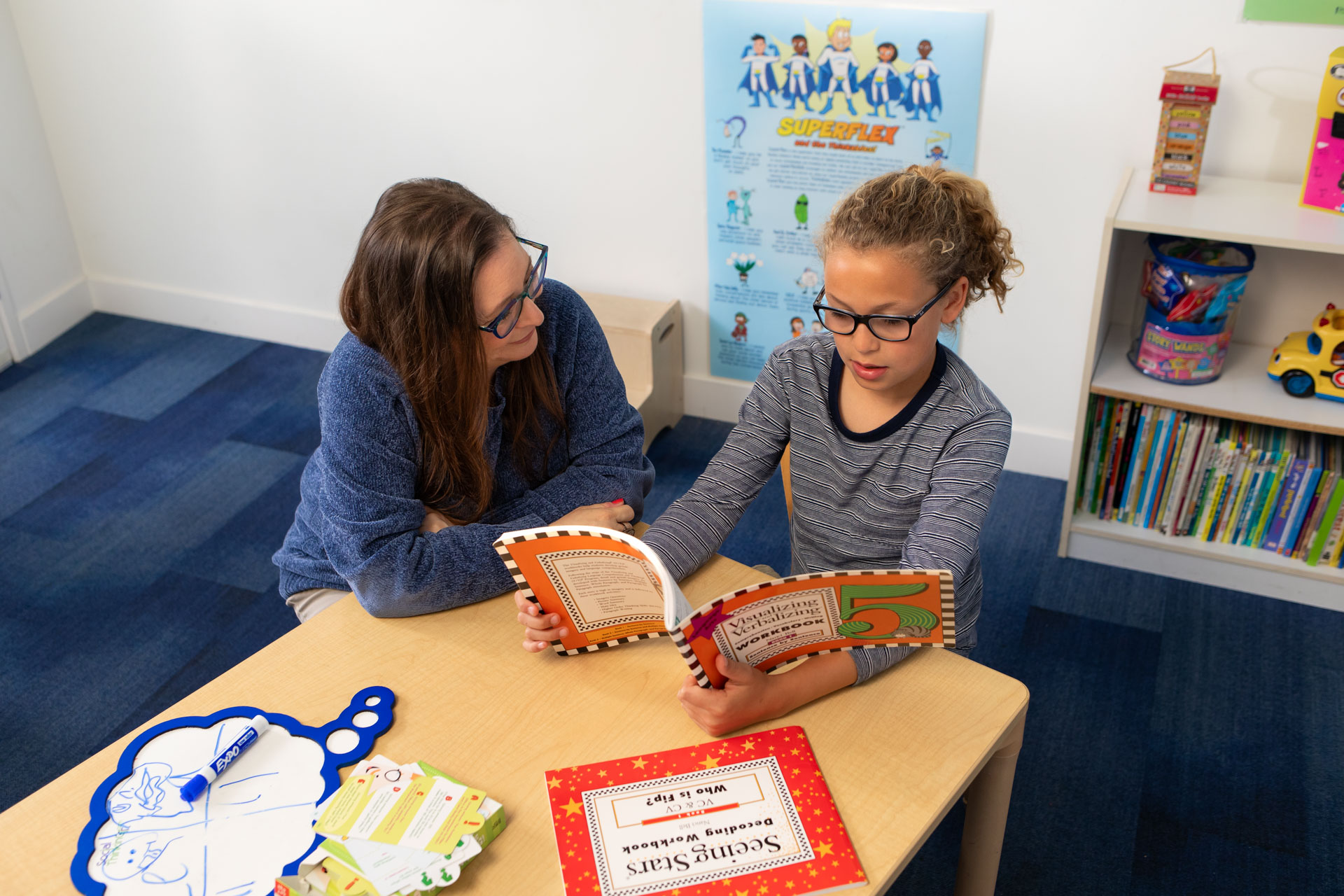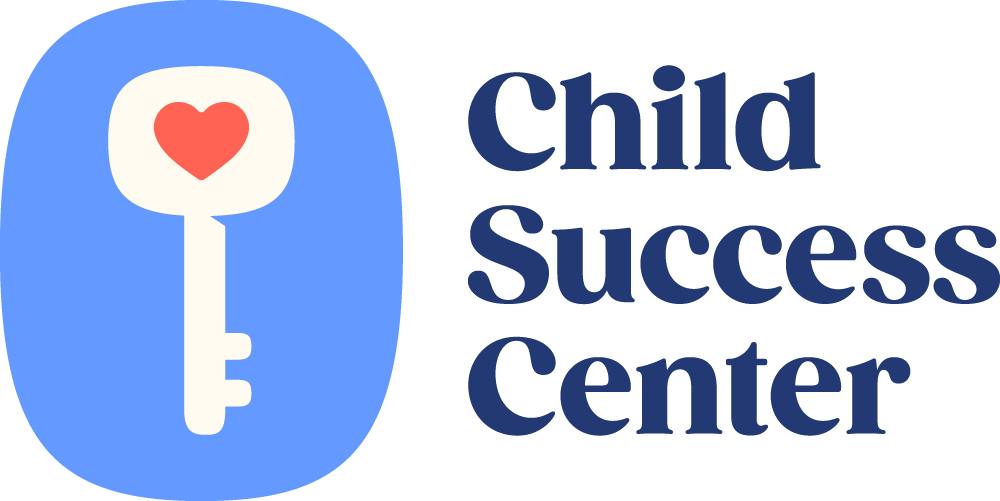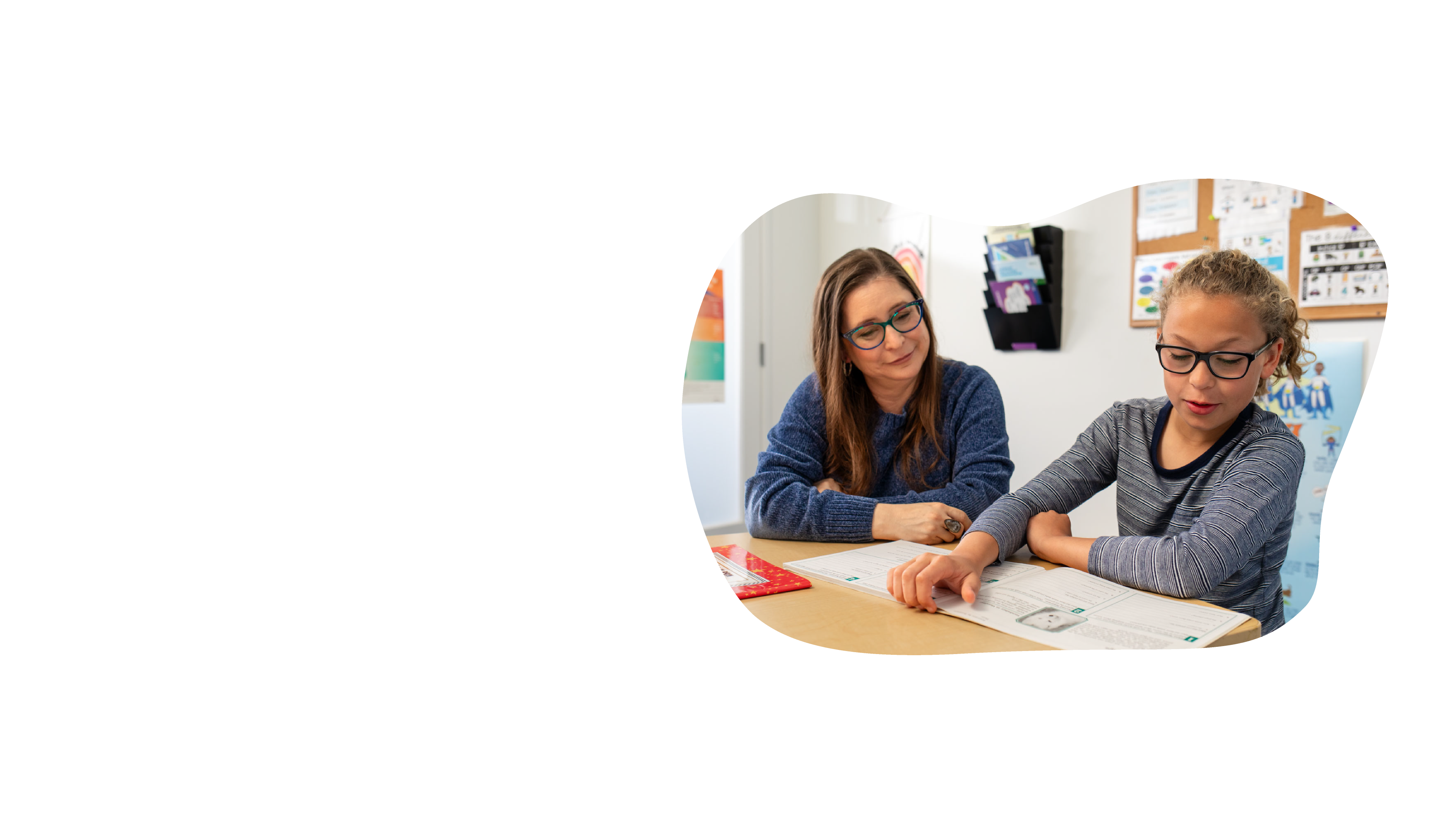Educational Therapy Services
Empowering Learners Through Tailored Educational Therapy

Navigating Learning Differences with Skilled Support
Educational therapy is a specialized approach supporting students with learning disabilities, ADHD, and various processing challenges. Our therapists, certified members of AET, assess students' learning profiles and develop customized intervention plans. They serve a diverse clientele, including individuals with dyslexia, dyscalculia, autism spectrum disorders, and those struggling with auditory, language, or visual processing, as well as executive functioning challenges.



While initially focusing on reading and spelling skills in early elementary years, our educational therapists also address reading comprehension, expressive writing, and executive function as students progress. For a comprehensive approach, we may complement our services with other interventions such as occupational therapy for writing issues, speech-language therapy for language skills, and collaboration with child psychologists to address associated conditions like depression or anxiety.

See how Child Success Center customizes education therapy services to support specific diagnoses



